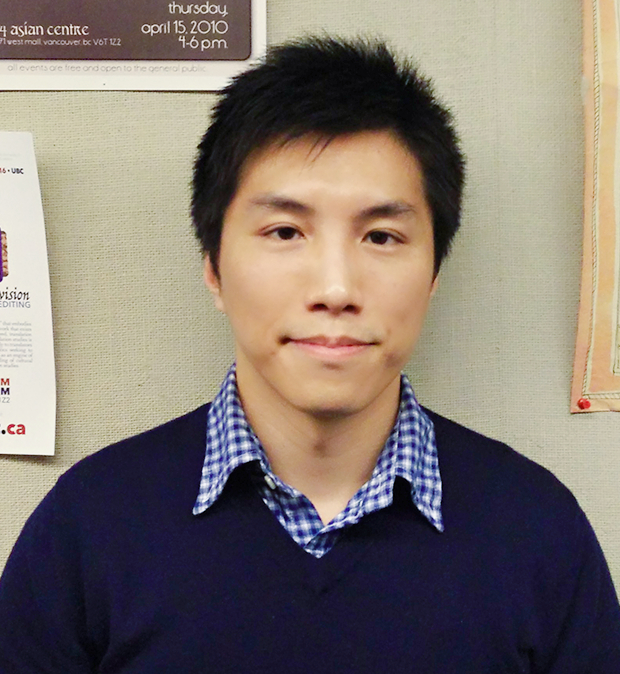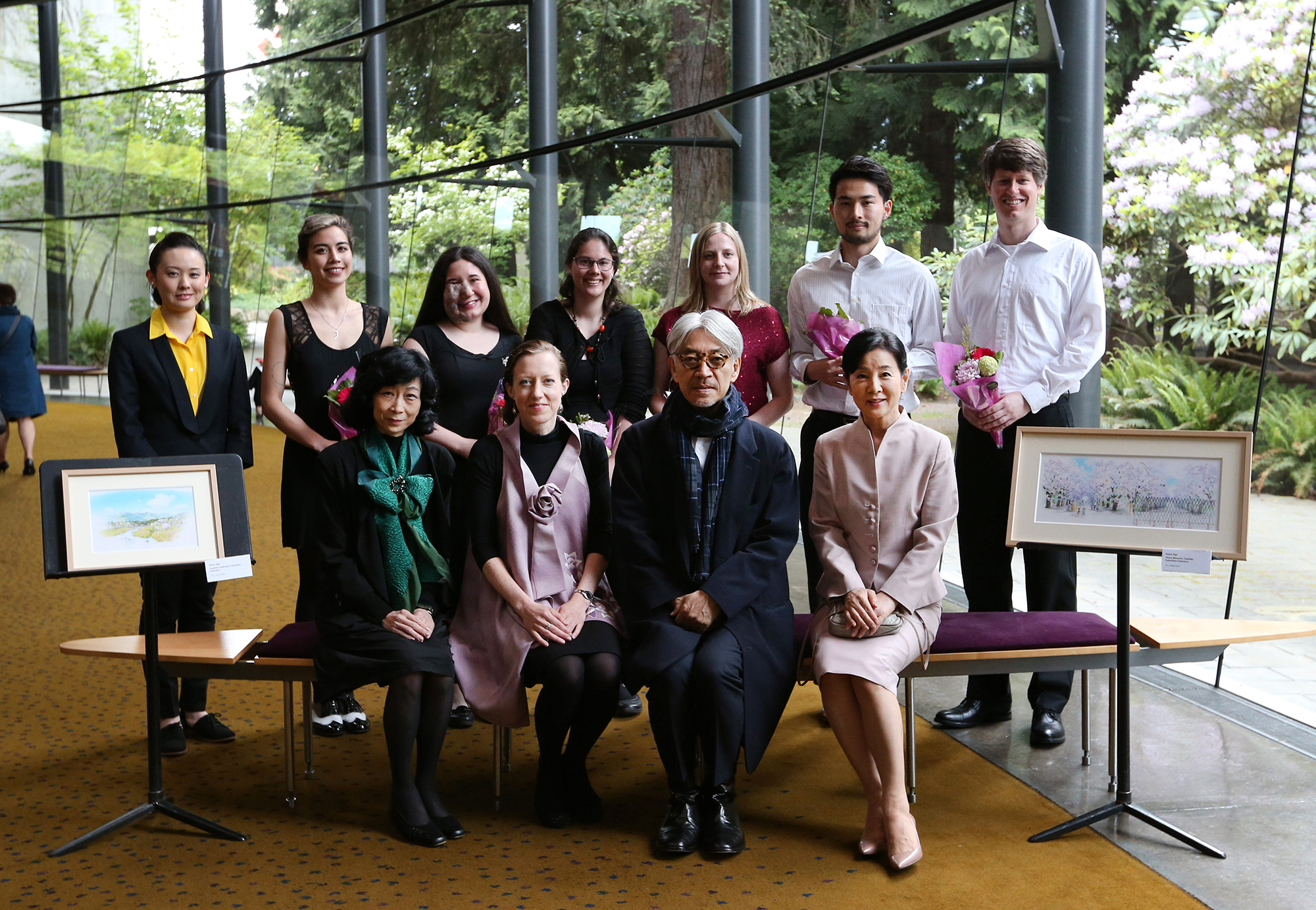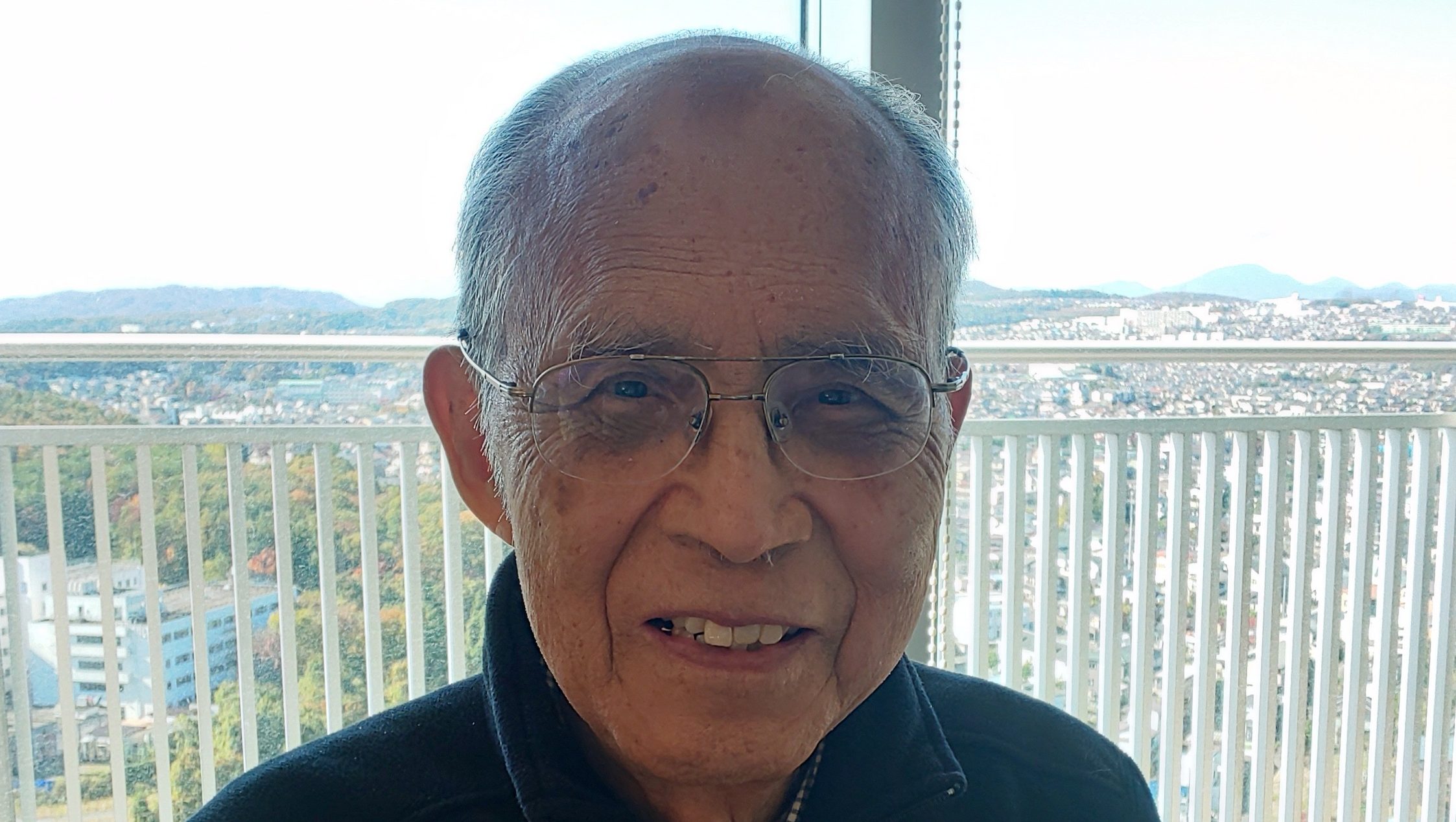On May 2 and 3, 2016, actress Sayuri Yoshinaga and composer Ryūichi Sakamoto visited UBC as part of a series of events organized by the Centre for Japanese Research in collaboration with the Liu Institute for Global Issues and The Simons Foundation.
On May 3, Asian Studies students were featured in the program “From Hiroshima to Fukushima: Poetry of Nuclear Survival.” Asian Studies major Lyndsay Bocchinfuso offered a speech welcoming the two visitors. Haley Blum, Elsa Chanez, Kazuhiko Imai, Kurtis Hanlon, graduate students specializing in Japanese literature, translated and read poems by a Fukushima Prefecture resident writing as a nuclear refugee.
The following report was produced by Department of Asian Studies graduate student Cyrus Huiyong Qiu, who met with actress Sayuri Yoshinaga (featured in 119 movies and winner of four Japanese Academy Awards) and composer Ryūichi Sakamoto (Academy Award, Golden Globe, and BAFTA winner and current nominee for The Revenant) on May 4, 2016.
Media reports can be found in the Japanese daily newspaper The Asahi Shimbun, local Japanese-language newspaper the Vancouver Shinpo, local informational site LifeVancouver and the Vancouver International Film Festival (VIFF), with further coverage to follow.
A Journey with Sayuri Yoshinaga and Ryūichi Sakamoto
by Cyrus Huiyong Qiu


It has been an amazing journey over the past two days (May 3 and 4, 2016) for many UBC students, including myself. We have had the honor of meeting two of the most legendary figures in Japan: the greatest actress in the postwar world of film, Sayuri Yoshinaga, and the world-renowned composer and pianist, Ryūichi Sakamoto. Not only were we able to watch a beautiful and meaningful performance presented by the two artists, in collaboration with our own UBC Asian Studies graduate students Haley Blum, Elsa Chanez, Kurtis Hanlon, and Kazuhiko Imai supported by Dr. Christina Laffin, we also had an opportunity to engage in a thought-provoking conversation with the two dedicated activists and pacifists who continue to make the voice of the nuclear survivors heard around the world.
Revolving around serious nuclear issues in Japan, the two-day constellation of events consisted of a discussion panel at the Liu Institute for Global Issues, a poetry reading at Chan Telus Studio Theatre, followed by the premiere screening in Vancouver of the film Nagasaki: Memories of My Son, Ms. Yoshinaga’s latest cinematic endeavor and a portrayal of a mother having lost her son to the atomic bomb in Nagasaki during World War II.
The poetry-reading event invited students to embark on a journey across time and space. Accompanied by Mr. Sakamoto’s splendid musical performance, Ms. Yoshinaga presented a reading of the poems by survivors of Hiroshima and Nagasaki atomic bombs in 1945 and the Fukushima nuclear disaster in 2011. Ms. Yoshinaga and Mr. Sakamoto’s presentation transformed the notes and words into a series of vivid images expressing the nuclear survivors’ sorrow and suffering, and the devastation inflicted by the catastrophes. More importantly, it called attention to the nuclear issues and aftermath facing not only Japanese society but also the entire world, an important topic in order to build a better and peaceful world.
At a post-event interview with Asahi Shimbun, the main sponsor for this meaningful event, Ms. Yoshinaga reiterated the motivation for her pacifist activism, “what happened to the nuclear victims was so horrendous that it goes beyond our imagination. As someone who has not experienced such horror, all I can do is convey their messages using my own voice and share their feelings with as many people as possible, in hopes to remind each other the lesson we learned from the 71 years following the end of WWII: war and weaponry do not bring peace.” “Peace cannot be achieved by dispute and aggression,” Mr. Sakamoto added, “we should all recognize and learn from the devastating outcome of war, and work hand in hand towards a peaceful future.” Emphasizing the significance of the message contained in the poems carefully chosen by Ms. Yoshinaga, Mr. Sakamoto reminded us: “it is just like learning by reading books from the past written many years ago. We are nourished by other people’s experience and intelligence, through which we create something new and better for the world.”
Ms. Yoshinaga inspires us through her act of carrying out poetry readings for over 30 years as a dedicated activist, her direct engagement with her audience and the mass media as a public figure, and her stunning performance in Nagasaki: Memories of My Son as a talented actress. Together with Mr. Sakamoto, who has recently returned to work after throat cancer treatment, these two public figures have given us an invaluable opportunity to listen to the voice of nuclear survivors.
For those of us who are learning about war and nuclear issues from afar, the two-day journey might have felt short. Yet it provided us with a glimpse into the life-long battle with endless pain and unimaginable consequences suffered by victims and survivors of nuclear disasters. Through their impactful performance and exquisite music, Ms. Yoshinaga and Mr. Sakamoto have made the voices of the victims heard and their message accessible to us. Now it is our turn, as global citizens, to decide what we can do for a better and peaceful world in which we all live.


Photo courtesy of The Asahi Shinbun
Back row: Tsuda College student Kei Yamada, UBC students Clara Kumagai, Haley Blum, Elsa Chanez, Lyndsay Bocchinfuso, Kazuhiko Imai, Kurtis Hanlon
Front row: Tsuda College professor Atsuko Hayakawa, CJR co-director Christina Laffin, composer Ryuichi Sakamoto, actress Sayuri Yoshinaga, with paintings contributed by Studio Ghibli animator Kazuo Oga


